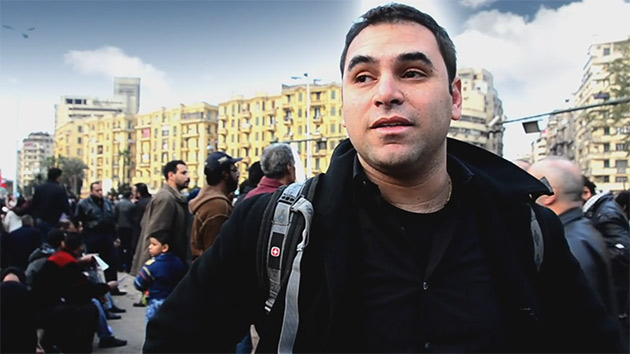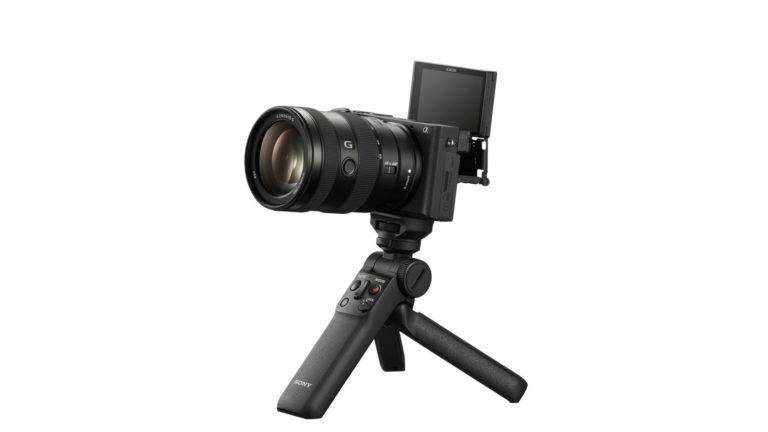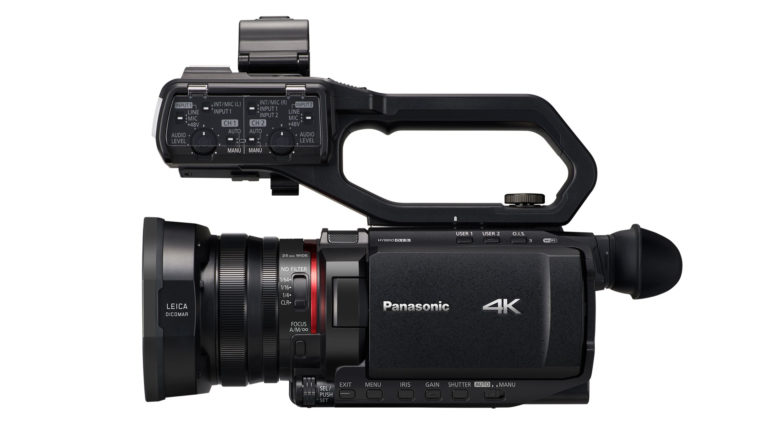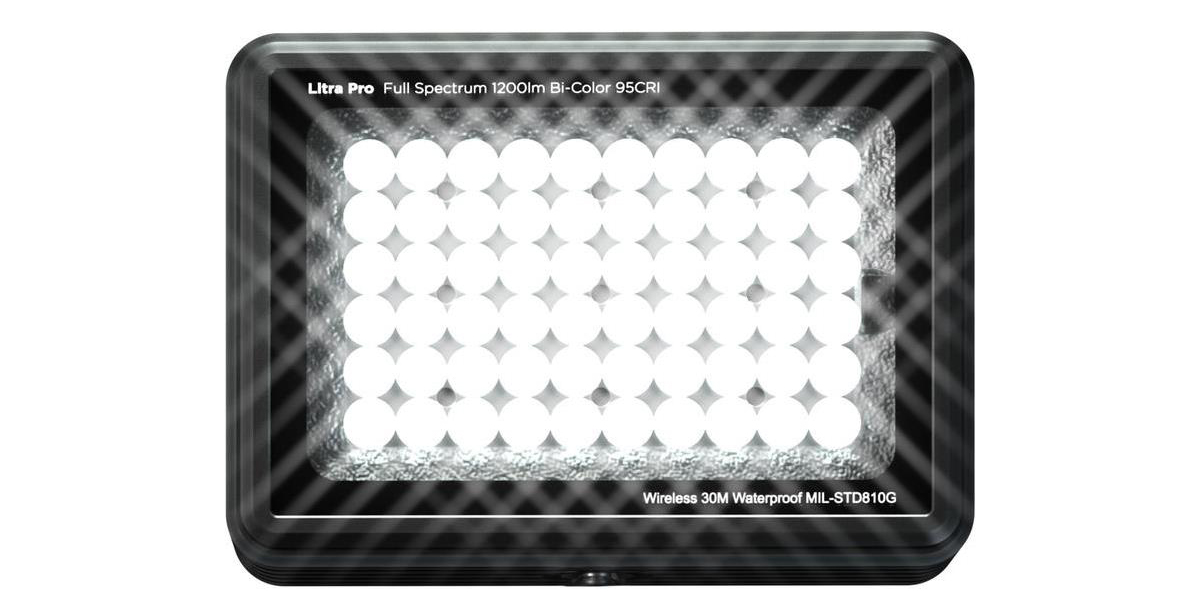The Egyptian-American filmmaker Sherif Sadek couldn't be in Cairo as the Egyptian Revolution of 2011 got under way, but he made sure he was there a year later, with both his family and his Nikon D7000 DSLR in tow. The resulting documentary, From Queens to Cairo, was produced by Sadek's Akhnaton FIlms production company. It ends up looking at a revolution in progress, assessing the changes that took hold over that first year in Egypt as the country worked to become a modern democracy.
Sadek, who works in tech support at Assimilate, cut the film with editor Dan Hacker at PostWorks NY and graded it in Assimilate Scratch with colorist Jason Crump at Metropolis Post. The 57-minute film showed at the Queens World Film Festival 2013, where it won Best Feature Documentary, and Sadek has been nominated for Best Director of a Short Documentary at the Madrid International Film Festival, coming up in July. It's also playing this weekend at the Rainier Independent Film Festival in Mount Rainier, WA. StudioDaily asked Sadek Five Questions about what he hoped to achieve, and his filmmaking process.
Q: Why did you select the one-year anniversary of the Egyptian Revolution of 2011 to travel there for your film? What were you hoping and expecting to see?
A: If it was up to me, I would have been there during the revolution itself, but I couldn't leave my wife and kids — or my job, either — to make the trip. My son was also 4 months old at the time, and it was too soon to take such a long flight. So I was determined not to miss the first anniversary. The revolution wasn't over a year later, so I was anxious to see how it was changing the country that I had grown up in.
Q: Were your political intentions questioned as you shot the film?
A: One of the greatest things about the Egyptian Revolution was that it unleashed a tidal wave of media activism and recognition. The revolution was one of the most filmed and televised revolutions in history. Everyone got used to seeing cameras everywhere. A few years ago, when I was in Egypt shooting a documentary about taxi drivers, I had to be very careful how I approached drivers with the camera, and I was very conscious of police presence. But that was under the dictatorship. It was one of the most noticeable differences.
Q: Why did you choose to shoot with the Nikon D7000, and what camera gear or other technology made your life easier and improved the final film?
A: I choose an HDSLR camera for a few reasons. The first reason is that I had seen some Nikon D90 footage and loved it. The lens was just amazing. The D90 was the first DSLR to be able to record video — it was 720p, with no autofocus, but brilliant. The D7000 was the upgrade of the D90. It was also a video camera and a still camera both in one, and both very high quality. I was able to snap photographs of everything I shot video of, so I had a nice combination of media.
This might sound silly, but I'd say the best piece of gear for a documentary filmmaker to own is a monopod. It's great to use during massive rallies, where the camera gets heavy but you don't have space to use a full-on tripod.
Q: How did the finished documentary compare with the film you expected to make when you began the process?
A: Ha! That's a great question, because the film I set out to make when I flew from JFK airport was entirely different than the film that you see now. I wasn't even supposed to be in the film. I was looking for someone who would be available for me to film whenever it was possible. I couldn't find anyone reliable, so I figured my kids are used to having me shove cameras in their faces by now. My mom, who still lives in Cairo, had moved from the apartment my brother and I grew up in, only three blocks away from Tahrir Square, to another neighborhood across the Nile. I wanted to tie that move from one neighborhood to another with the changes going on in the country.
When I came back to New York, I sat down with my editor, Dan Hacker, whom I had worked with before at PostWorks NY, and showed him the footage, and we debated, discussed, fought, talked, debated, discussed, fought and talked again, and finally came up with this film, which instead explored the relationship between parents and children and citizens and their country.
Q: What other filmmakers or documentaries inspired your own work?
A: One of the films that comes to mind in terms of being genius documentary filmmaking is Garbo: The Spy. The film is about a Spaniard who volunteers to spy for the Allies on the Nazis. The film uses a lot of found footage from old films to tell the story. That's not the technique we used, but the film provided an inspiration by being very creative in bringing the story to life.
For more information: akhnatonfilms.com/videos/queens-to-cairo.html
Did you enjoy this article? Sign up to receive the StudioDaily Fix eletter containing the latest stories, including news, videos, interviews, reviews and more.










Leave a Reply